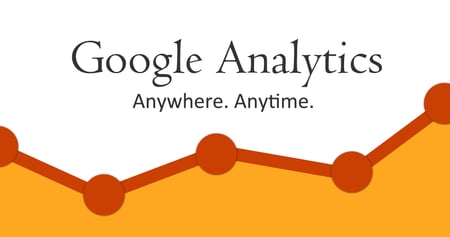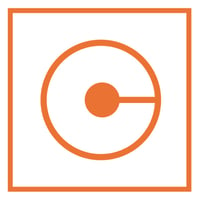Index Content
As you may already know, indexing is a process in which a search engine, usually Google, adds a web page to its index so that it is shown in the search results. This step is essential for any startup or business, since without users visiting your page, no one will see your content, and therefore, your lead generation and sales will decrease. Today we are going to give you the best keys to succeed and have a fast indexing, but first you must understand some concepts.
how does indexing work in the giant Google?
The first thing you need to understand is that the indexing process in the giant Google is divided into three stages:
- Crawling: In this stage, Google, with its crawler software called Googlebot, navigates the web in search of new pages or updates to existing pages in its index.
- Indexing: Once Googlebot discovers the new pages or updates, Google interprets their content, classifies it and adds it to its index, i.e. indexes it. From that moment on, the web page is in Google's gigantic database available to appear when a user performs a search.
- Publication and positioning. Finally, when a user performs a search, Google, through all its algorithms, identifies among its index what is the most relevant answer to their queries, whether on websites, images or videos.
how do I know if my page is indexed?
- The first step is to find out how many pages are indexed on your website by typing in Google: site:(your website). This way you will not only know how many pages Google has indexed, but you will also be able to find out which pages it considers most relevant.
- Step two is based on knowing which version of a page Google has indexed. For example, if you have modified or updated your page, you can type in the search engine giant: cache:(your website). However, keep in mind that Google takes a little more time to process the changes you make to your page. So take your precautions and don't forget to make changes to event dates or others in advance so that Google updates them in time.
- Finally, you need to find out which page Google considers most important for a particular keyword. You can do this by typing in the search engine: site:(your site) (your keyword). This way you will know if a keyword for your brand appears in several URLs on your website and blog.

The keys to fast and effective indexing
Now that you know how Google indexes pages and you are ready to check if your website is indexed or not, you just need to know these great tips:
- Set up Google Search Console- this free tool gives you information about the indexing status of your web pages, as well as configuration errors and web analytics data to help you identify improvements you can make to your website.
- Create a sitemap: A sitemap is, as the name suggests, a map of the website that shows interesting information about the pages and contents of a website.
- Create the robots.txt file. The robots.txt file basically tells Googlebot which pages and content to crawl and index and which not to crawl and index. It is used to prevent unwanted pages from appearing as search results.
- Add quality content frequently - when you add new content or update existing content on a regular basis, you show Google that you are constantly making changes to your site, which will force Googlebot to crawl your page frequently.
- Optimise your website's organic ranking. Indexing is the step before ranking, and one would be meaningless without the other. Having a ranked website improves your domain authority and shows Google that your content provides value.
- Take advantage of internal and external linking. Internal linking or linkbuilding offers many advantages for positioning new content. The best advice we can give you is to link what you publish to relevant pages within your website, such as those that have generated the most traffic, to your homepage or to your blog. With regard to external linking or backlinks, we can tell you that they are a determining factor for Google to observe you. That is, the more links you get to your web pages, the better your ranking can be.
- Play with multimedia resources. In-depth, quality content is essential to get your new content ranked, but adding images, videos or podcasts will help you reach a wider audience.
- Make the most of social networks. Having a good presence on the Internet through social networks is key to positioning new content. Nowadays, the trend is to gain mentions, get followers, get lots of likes and get our content shared as many times as possible.
- Do a keyword research. Although it may be a bit cumbersome, doing a keyword research is essential. If you want to index and position your content quickly, this is the best way. It is necessary to find out which keywords are ideal for you, which topics are worthwhile, which words are easier to classify...

Finally, remember that 90% of all Internet traffic is channelled by Google and if your site is not indexed, you will not appear. In any case, by following the tips we have given you today, the indexing process will be much simpler and more efficient.





